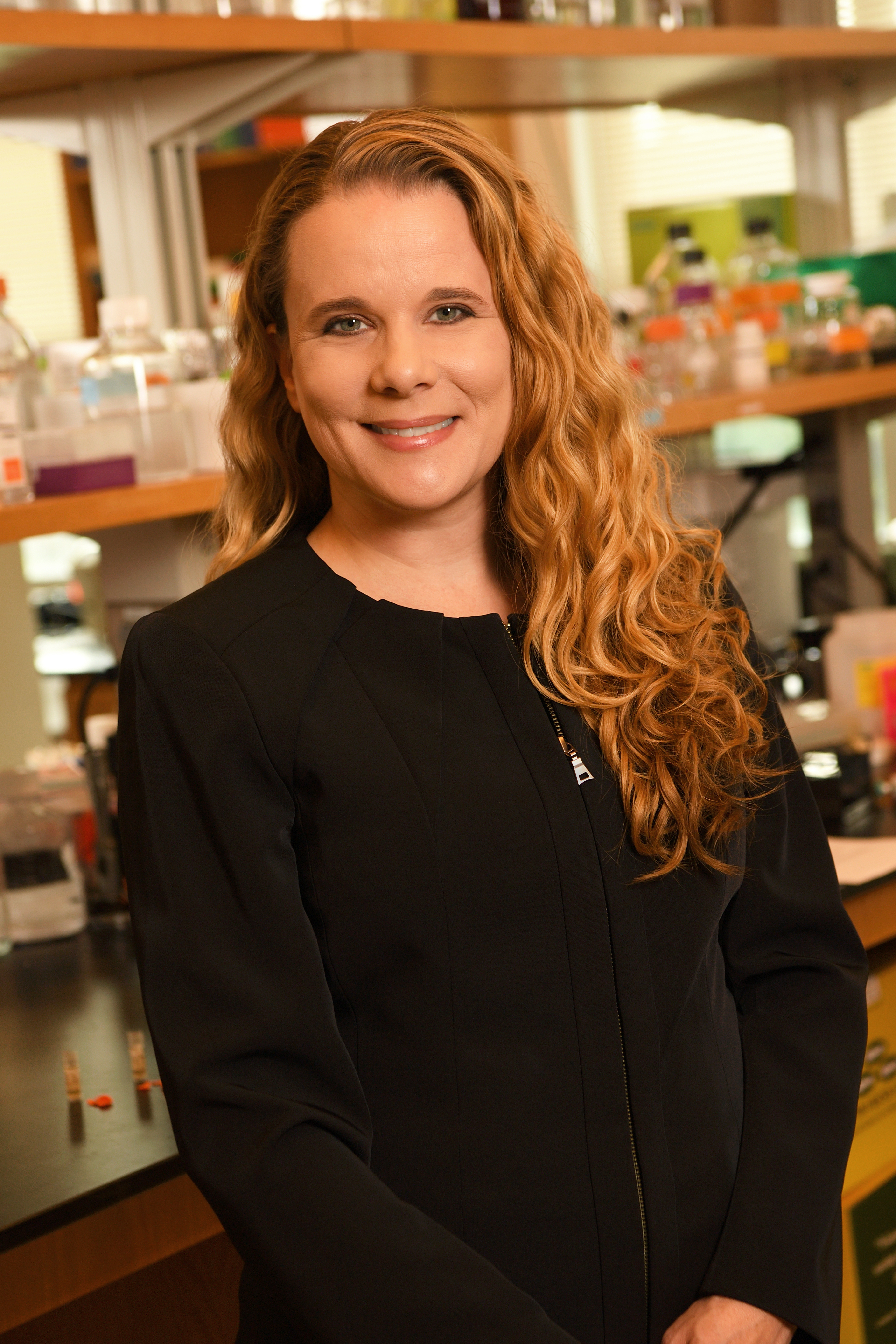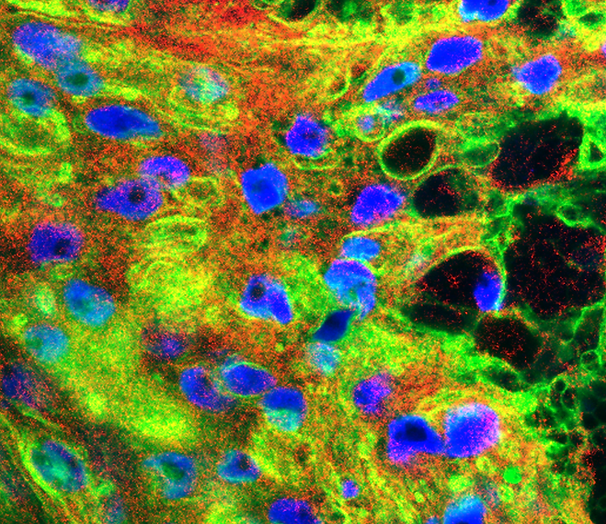
Renee Read, PhD
Associate Professor
Dr. Renee Read completed her B.A. in Biology at Carleton College, and trained as a research technician for two years following her degree. Through her education and her research experiences, Renee pursued a career at the intersection of developmental biology and cancer genetics. She completed her Ph.D. at Washington University at the School of Medicine in Developmental Biology with Dr. Ross Cagan, where she studied neural development and developed new models for Multiple Endocrine Neoplasia (MEN2) neural cancers using Drosophila melanogaster. These MEN2 models were subsequently successfully used in pre-clinical drug testing of new therapies that have since been FDA-approved for MEN2 patients, demonstrating the power of genetic model systems to advance cancer research.

Renee completed her postdoctoral training in developmental neurobiology and brain tumor biology at the Salk Institute for Biological Studies with Dr. John Thomas, an expert Drosophila neurogeneticist, and at the University of California – San Diego with Drs. Frank Furnari and Webster Cavenee, both expert brain tumor biologists and geneticists. During this time, Renee developed new models for glioblastoma (GBM) in Drosophila, demonstrating that the same genetic pathways that cause GBMs in humans cause these tumors in fruit flies. During her postdoc, she used these Drosophila GBM models in genetic screens designed to identify new pathways necessary for glial tumorigenesis. To study the function of these pathways in mammalian model systems, she trained with laboratories at the Salk, UCSD, and UCLA in order to learn how to work with mouse and human GBM model systems and experimental approaches, including neural stem cells, patient-derived tumor stem cell neurosphere cultures, and mouse genetic models.

As faculty at Emory, Renee has forged collaborations with other neuro-oncology researchers and she has developed a collaborative and multidisciplinary research program designed to explore the genetics and cell biology of high grade gliomas using a range of experimental systems, including Drosophila models, mouse models, and primary human cells and tissues. Her lab also closely collaborates with neurosurgeons and other clinical faculty on translational research designed to identify and test new therapeutic targets for these deadly tumor types. The goal of her research is to identify new treatment strategies for high grade gliomas.

